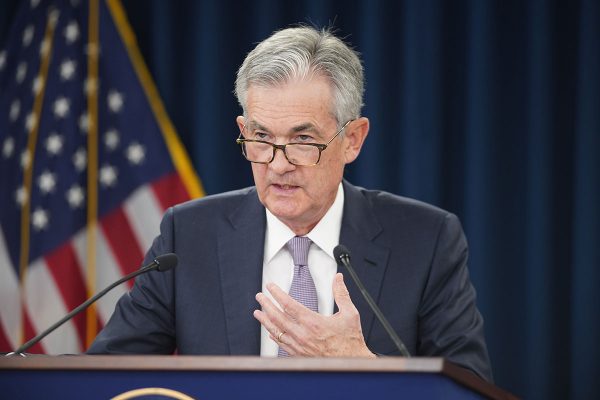Economists report that current inflation rates have risen to levels not seen since 1982.
What Happened: The consumer price index rose 7% in December from a year ago, according to a new Labor Department report released Wednesday, marking the fastest increase since June 1982, when inflation hit 7.1%. The CPI – which measures a bevy of goods ranging from gasoline and health care to groceries and rents – jumped 0.5% in the one-month period from November.
Economists expected the index to show that prices surged 7% in December from the year-ago period and 0.4% from the previous month. (per Fox Business)
Context: Climbing inflation rates have been at the forefront of Americans’ concerns, especially over the holidays. As inflation rates have continued to skyrocket out of control coupled with supply chain issues and a prolonged pandemic President Biden has seen his approval ratings plummet.
Many Americans have said inflation rates will affect how they plan to vote in the 2022 midterm elections and possibly the 2024 presidential election.
What Happens Next: The eye-popping reading – which marked the seventh consecutive month the gauge has been above 5% – will likely force the Federal Reserve to begin hiking interest rates as soon as March in order to combat the recent price surge. Hiking interest rates tends to create higher rates on consumers and business loans, which slows the economy by forcing them to cut back on spending. (per Fox Business)
Chairman Jerome Powell previously indicated the U.S. central bank plans to speed up its withdrawal of support for the U.S. economy in order to combat inflation.
“As we move through this year, if things develop as expected, we’ll be normalizing policy, meaning we’re going to end our asset purchases in March, meaning we’ll be raising rates over the course of the year,” Powell told the Senate Banking Committee during his confirmation hearing on Tuesday. “At some point perhaps later this year we will start to allow the balance sheet to run off, and that’s just the road to normalizing policy.”

